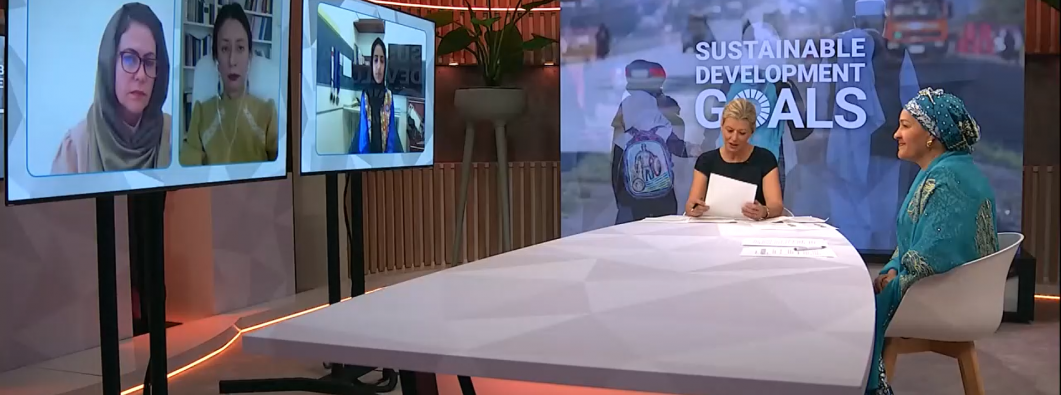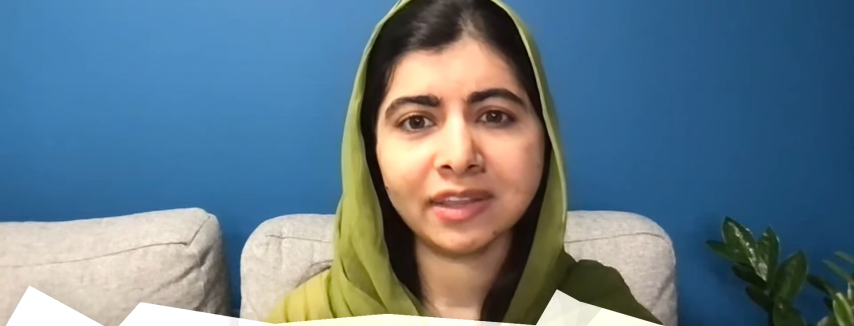
Supporting Girls' Education in Afghanistan
“Education is both a right and an investment for a country. We must ensure that girls are reintegrated into school systems."
In the last two decades, millions of Afghan women and girls received an education. Now, human rights and education advocates fear that progress is under threat. Thousands more girls and women may be denied access to a full education, forced to marry and live a life proscribed by harmful traditional practices. Those who resist may face violent retribution.
The international community has a critical role to play in supporting Afghan girls’ access to quality education. To do so effectively, they must be guided by the Afghan educators and advocates who — until recently — have been at the forefront of driving progress.

“My worry is that the same situation repeats all over again. We cannot make compromises on the protection of women’s rights and on the protection of human dignity."
The high-level panel event “Supporting a future for girls’ education in Afghanistan” convened Afghan educators and advocates to identify steps the international community must take to support Afghan girls’ education and provide practical solutions to effectively support girls’ ongoing education.
The following speakers participated in the panel discussion:
- Amina Mohammed, UN Deputy Secretary-General
- Henrietta Fore, Executive Director, UNICEF
- Malala Yousafzai, Co-founder, Malala Fund, and UN Messenger of Peace
- Shaharzad Akbar, Chairperson, Afghanistan Independent Human Rights Commission
- Nayla Fahed, Co-founder and CEO, Lebanese Alternative Learning
- Fawzia Koofi, First Woman Deputy Speaker of Parliament, Afghanistan
- Zarqa Yaftali, Executive Director, Women and Children Legal Research Foundation
The speakers’ recommendations on how the international community can support girls’ education included increasing humanitarian and development assistance to ensure all schools, colleges and universities continue to operate; using leverage through the aid that the Taliban needs to defend girls’ right to education; and identifying innovative approaches, such as remote education.



